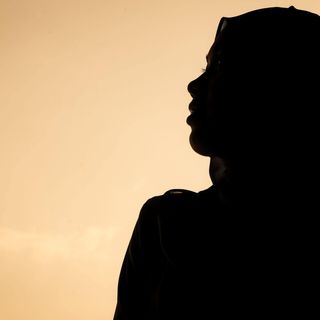The state of Hawaii, in the U.S., recently announced an economic recovery plan to combat the socio-economic impact of Covid19. The Hawaiian State Commission on the Status of Women released a plan titled “Building Bridges, Not Walking on Backs: A Feminist Economic Recovery Plan for COVID-19.”
This plan is a unique attempt at using a feminist lens to build an economy that is more cognizant of the marginalized. TheState Commission on the Status of Women was established to assist in legislative advocacy, implementation, and information, for girls and women. They’ve previously played a role in passing progressive legislations, including removing gender binaries from Hawaiian drivers’ licenses and a bill that allowed all individuals convicted of prostitution to vacate their convictions.
The Commission has also shown prompt, effective action in the face of crises amid the pandemic — like cracking down upon landlords soliciting sex from financially struggling tenants. There is still no certainty yet that this progressive blueprint will be Hawaii’s official recovery plan for the pandemic, but these previous victories allow space for optimism.
“COVID-19, and the measures being implemented to contain it, are deeply affecting our social and economic relationships here in Hawaii and beyond. This new landscape is forcing us to reconsider many aspects of our lives and economy, including our economic future. This is our moment to build a system that is capable of delivering gender equality. It is time to center gender in the nation’s rising racial and economic justice movements,” stated the plan.
Related on The Swaddle:
The Price of Fighting Every Feminist Battle
The plan strongly emphasizes the need for supporting low-wage essential workers and care-givers. To reduce financial precarity for people, the plan recommends a pivot from a luxury, military, and tourism-focused economy to more sustainable forms of employment in all fields, including the manufacture of personal protective equipment.
Khara Jabola-Carolus, the executive director of the commission, told the Washington Post’s The Lily that she believed others could replicate Hawaii’s plan and process. She said, “We structured the report around four main questions that all states will be asking: How should your state find money to deal with the hole it’s in? How can we stimulate jobs? What should we spend the funding on? And what would a better, more resilient economy look like?”
The plan also calls for distributing funds, keeping in mind “race, indigenity, and class,” and places focus on women, girls, maternal care, elder care, individuals who identify as femme and non-binary, the native, indigenous Hawaiian population, and sex workers. The commission also recommends housing and shelter in hotels, access to clean and fully stocked public restrooms, and access to public transportation for all those who might be at risk of physical, mental, and sexual harassment or violence.
“…Go beyond advocates and legislators. Involve women who are connected to and well-versed in the struggles of women living on the edge in your community. Look for women economists and economists critical of neoliberalism. Most of all, think big picture and be aspirational,” Carolus told The Lily.




